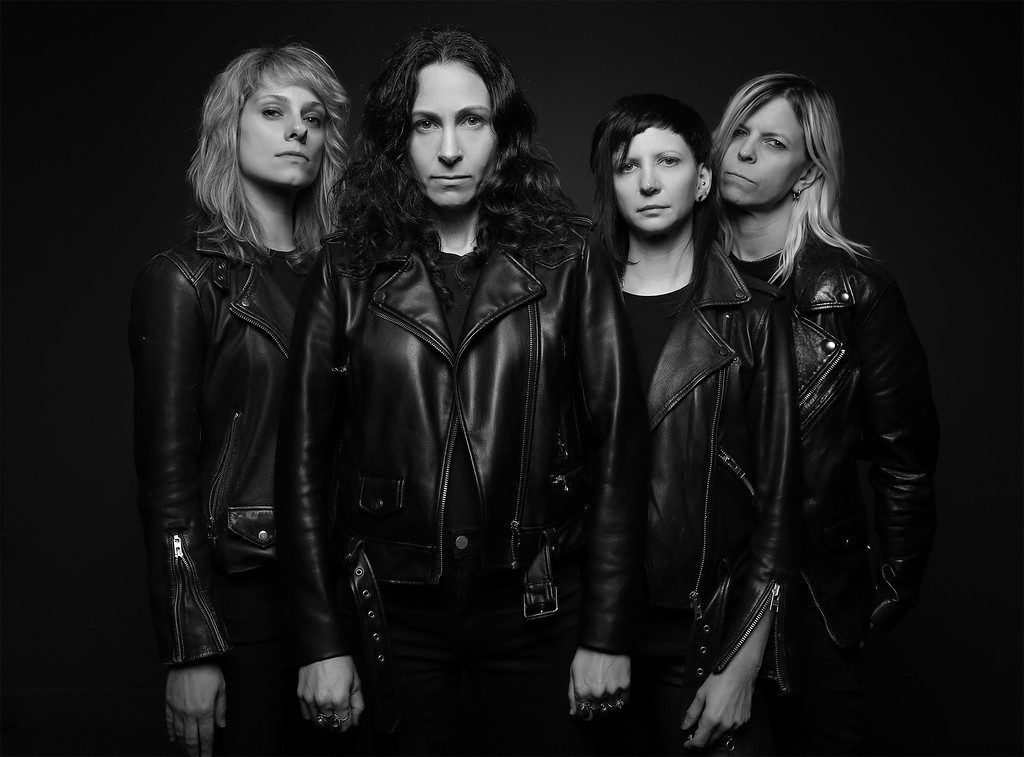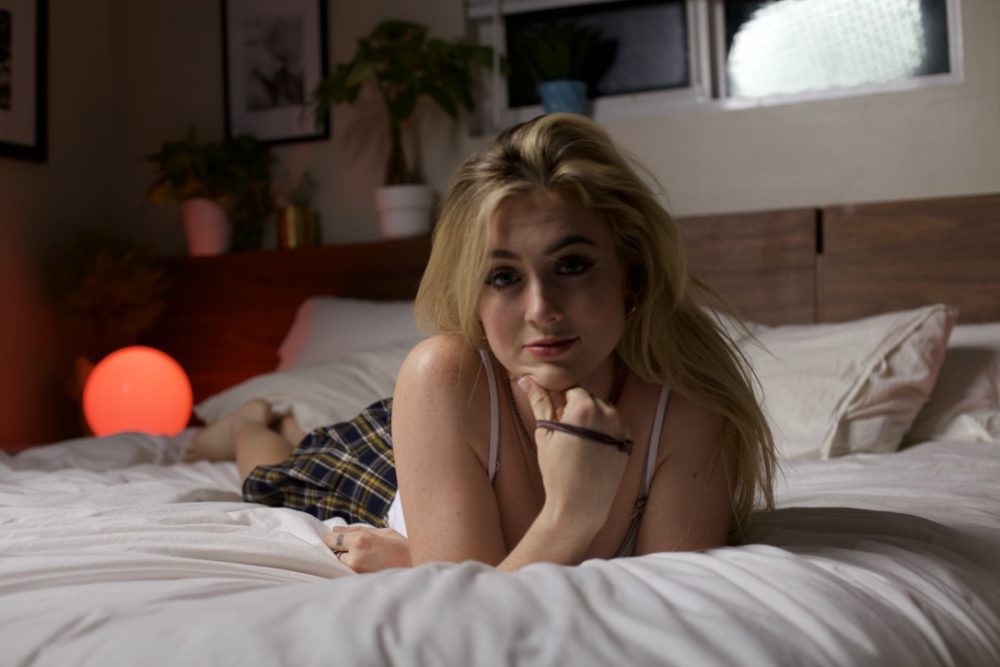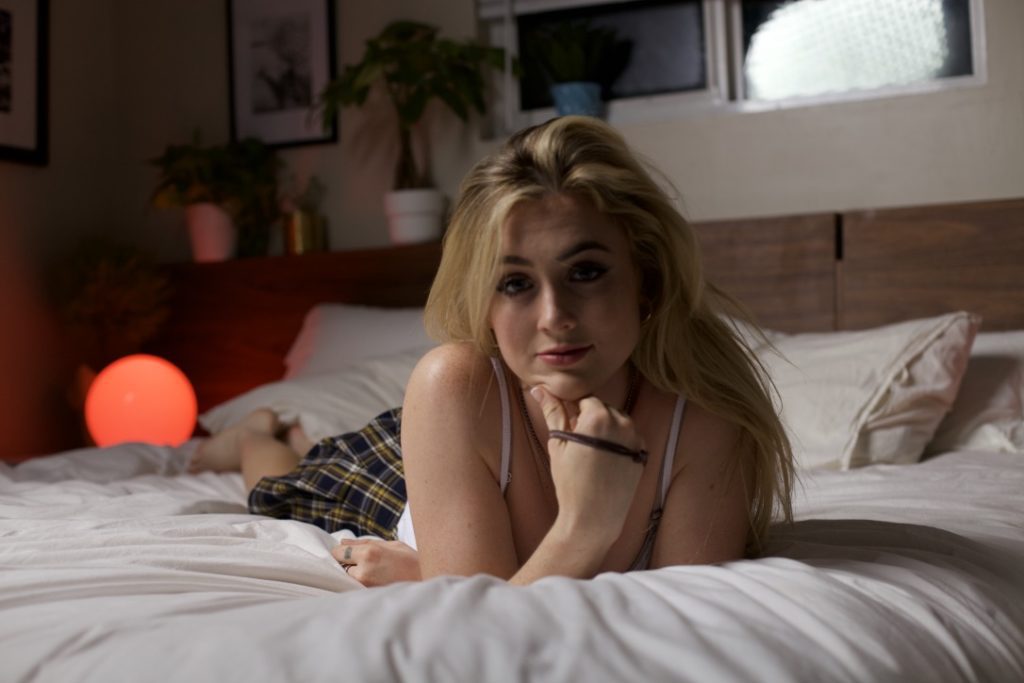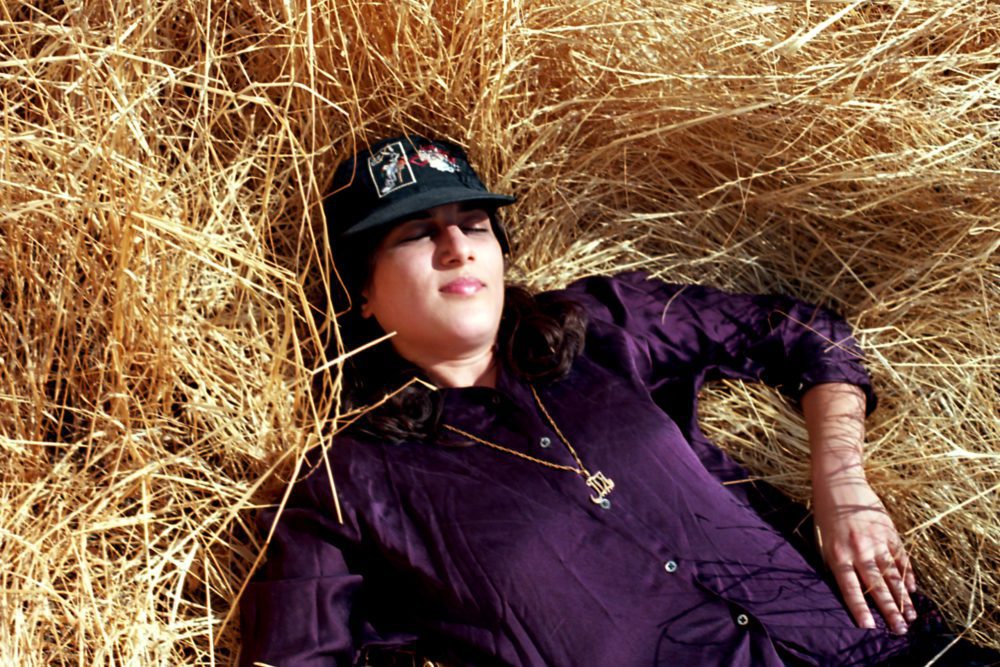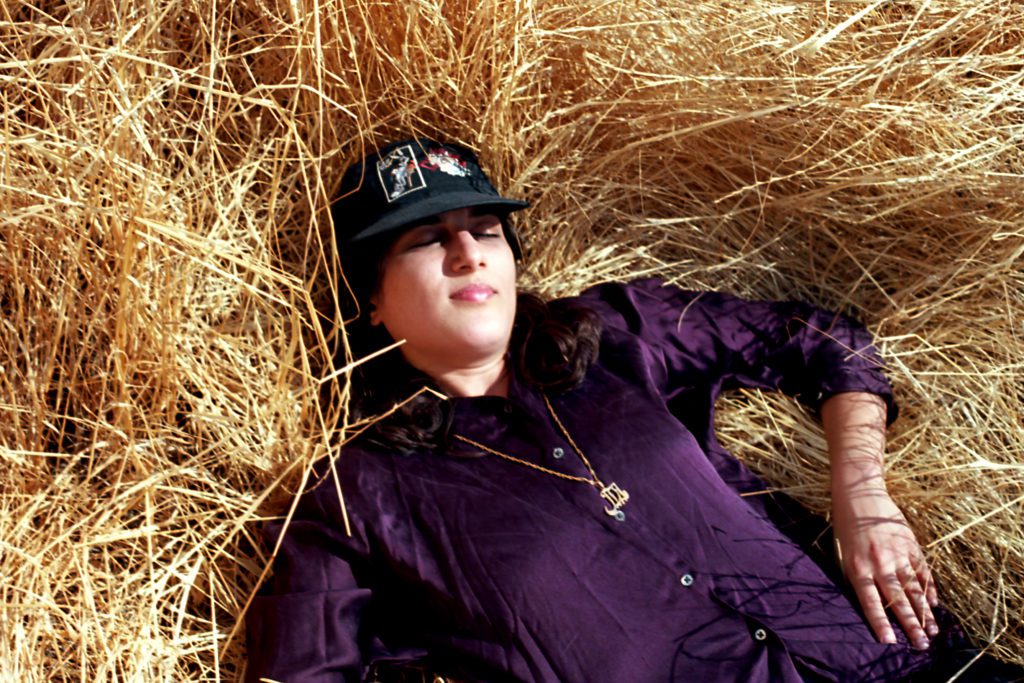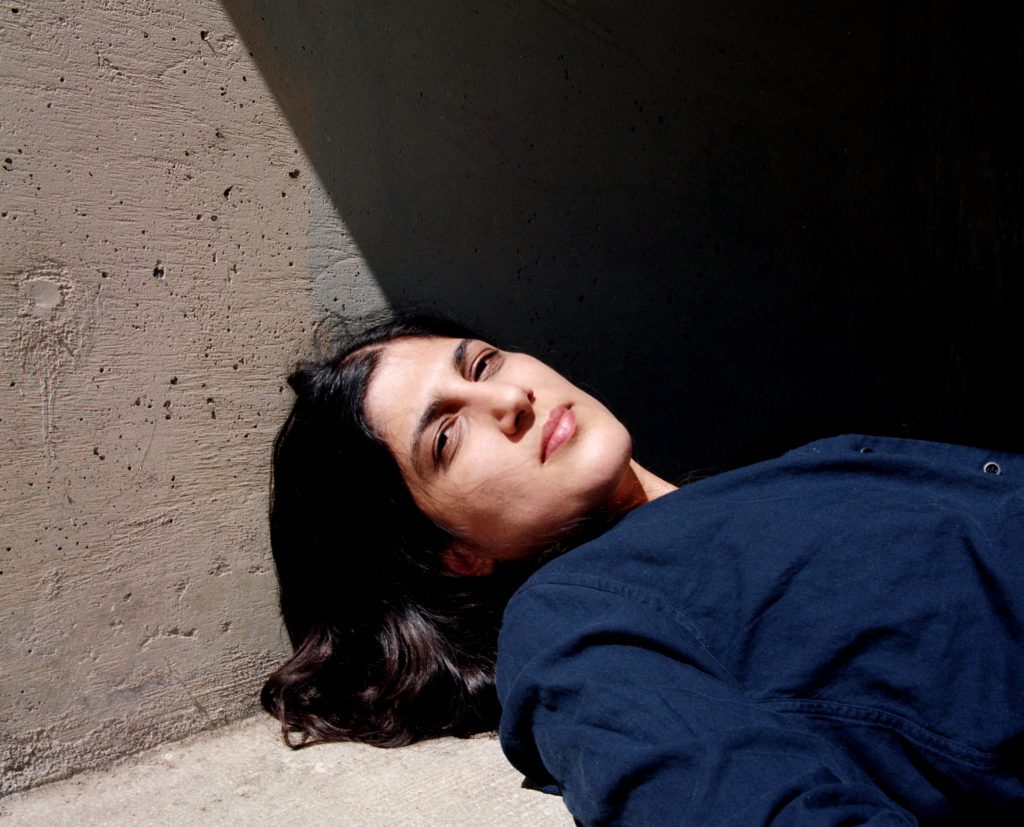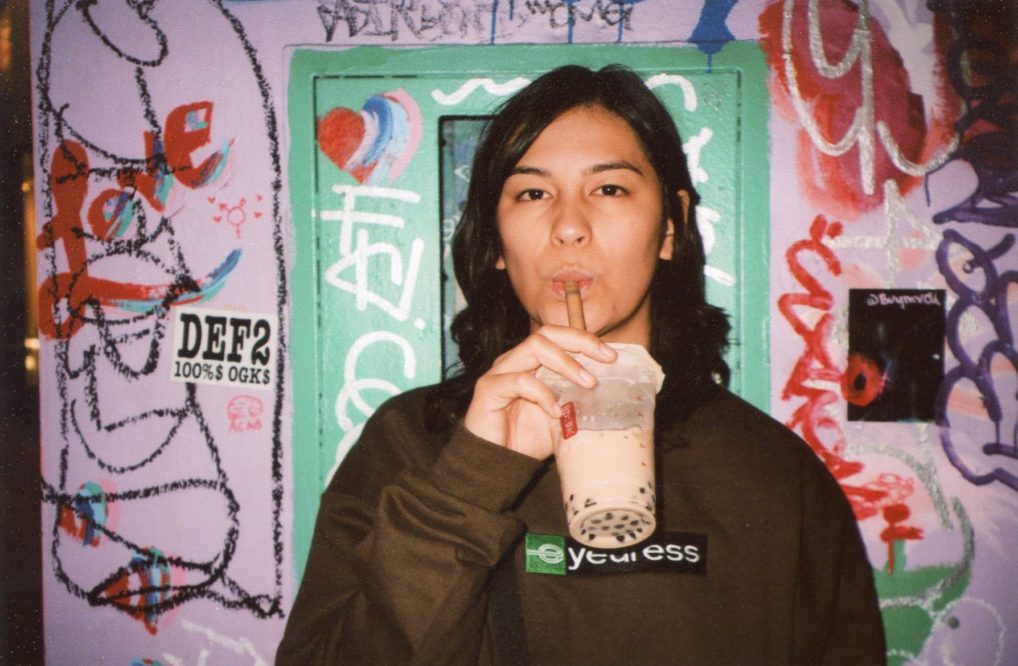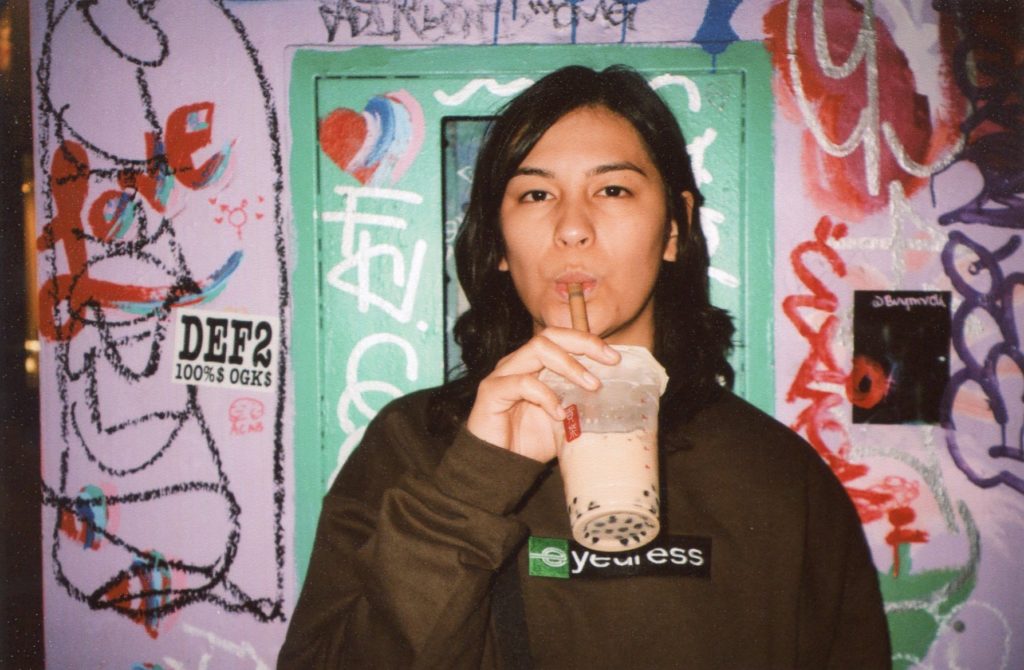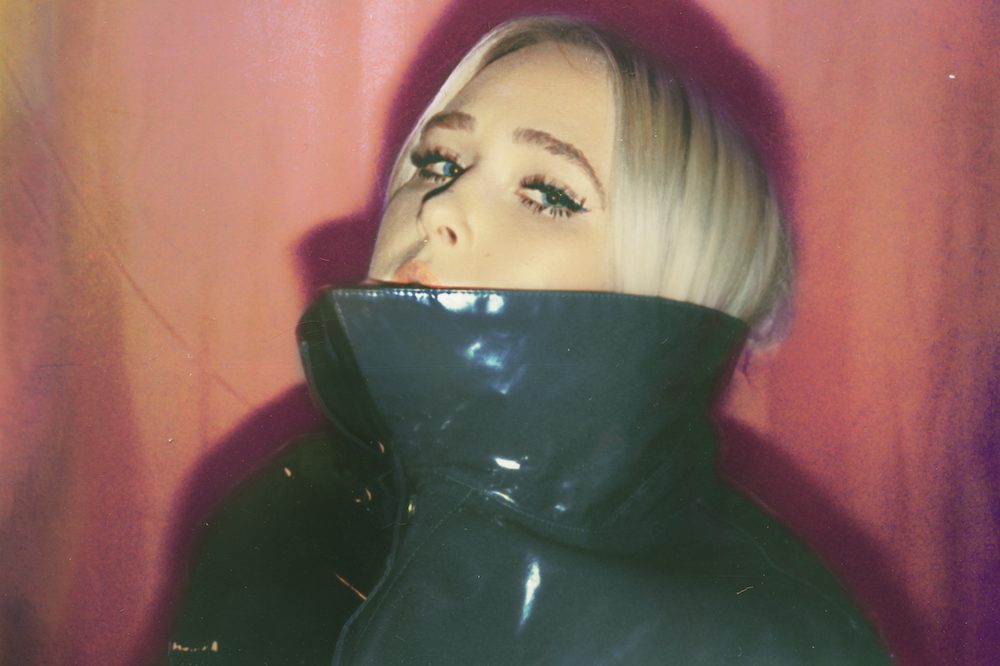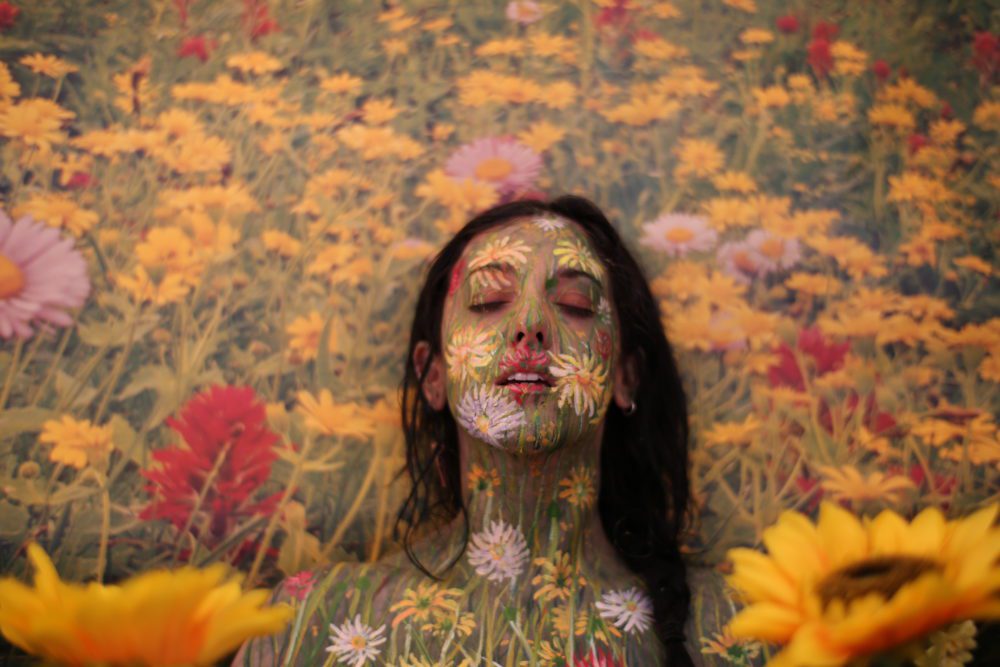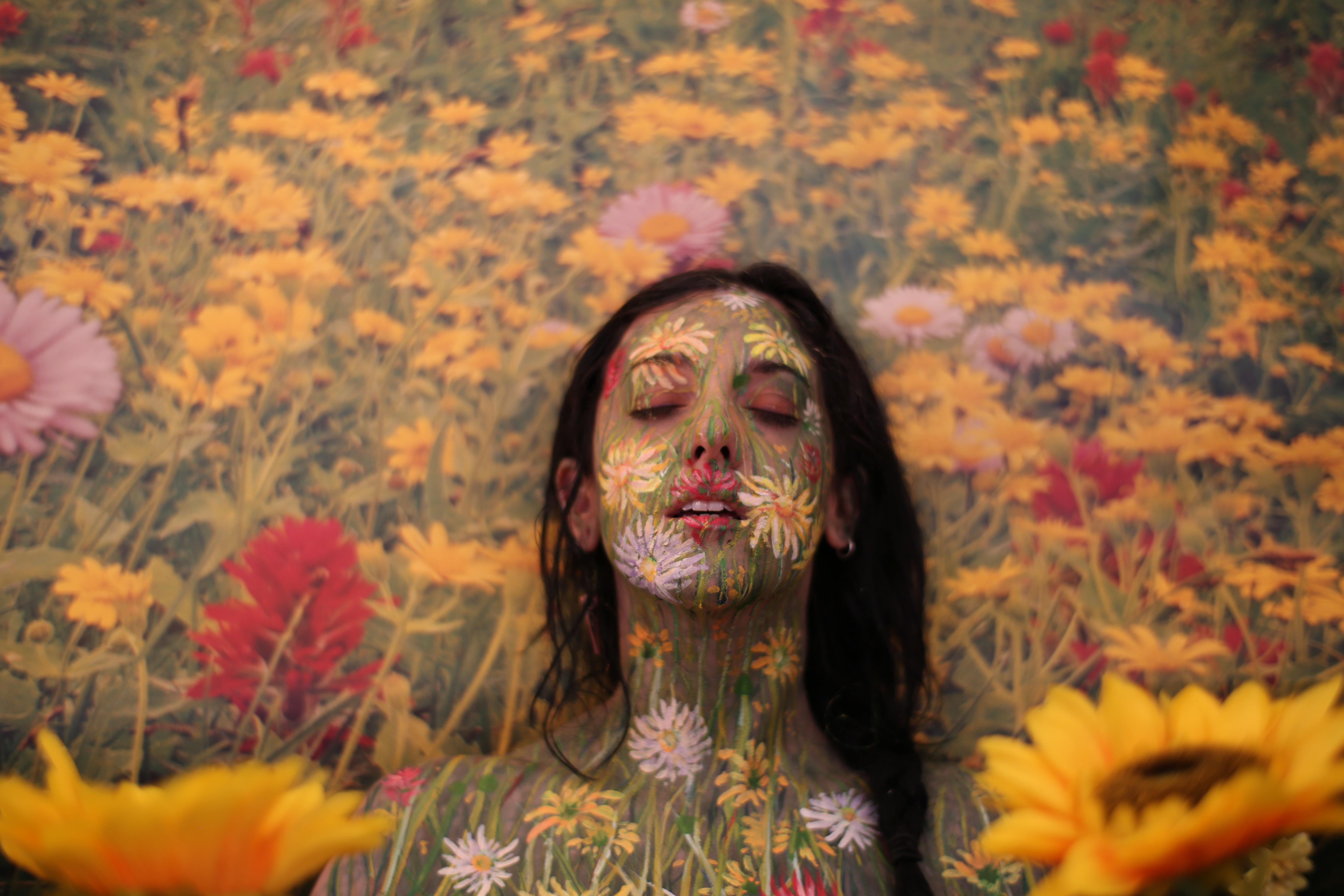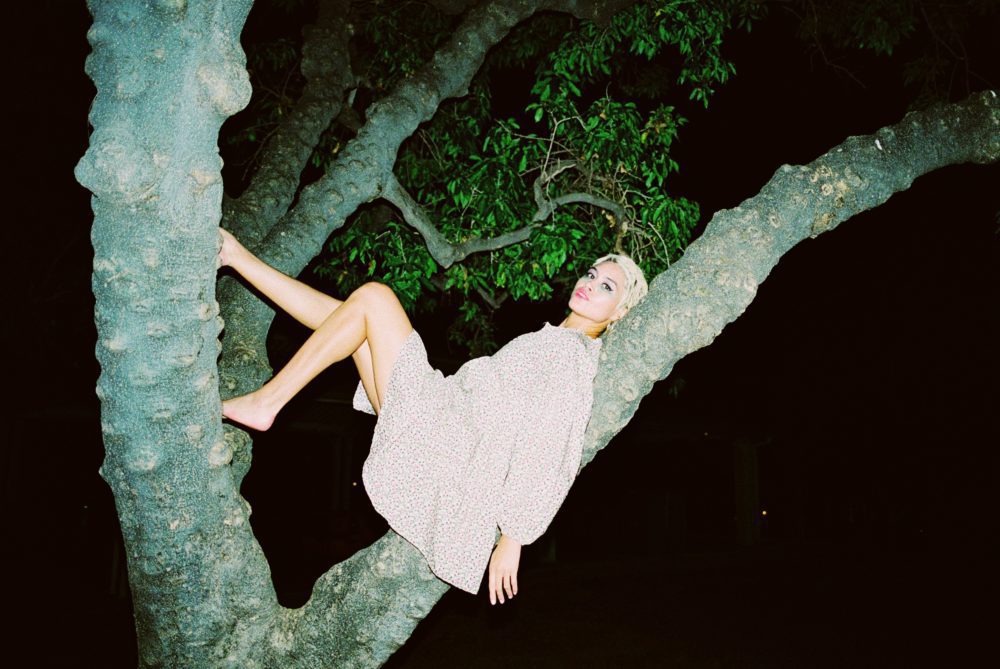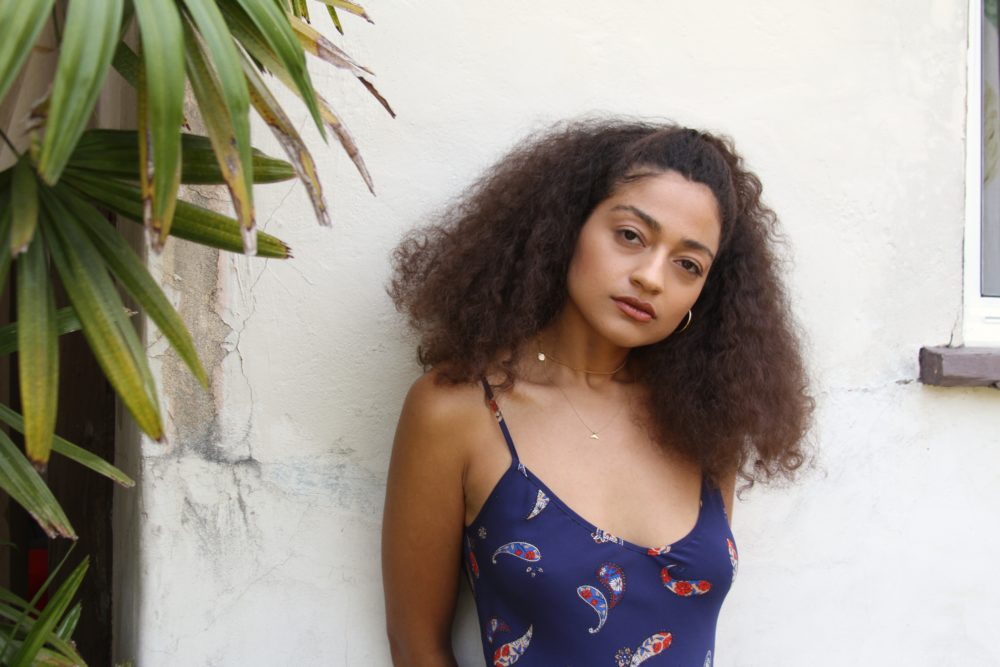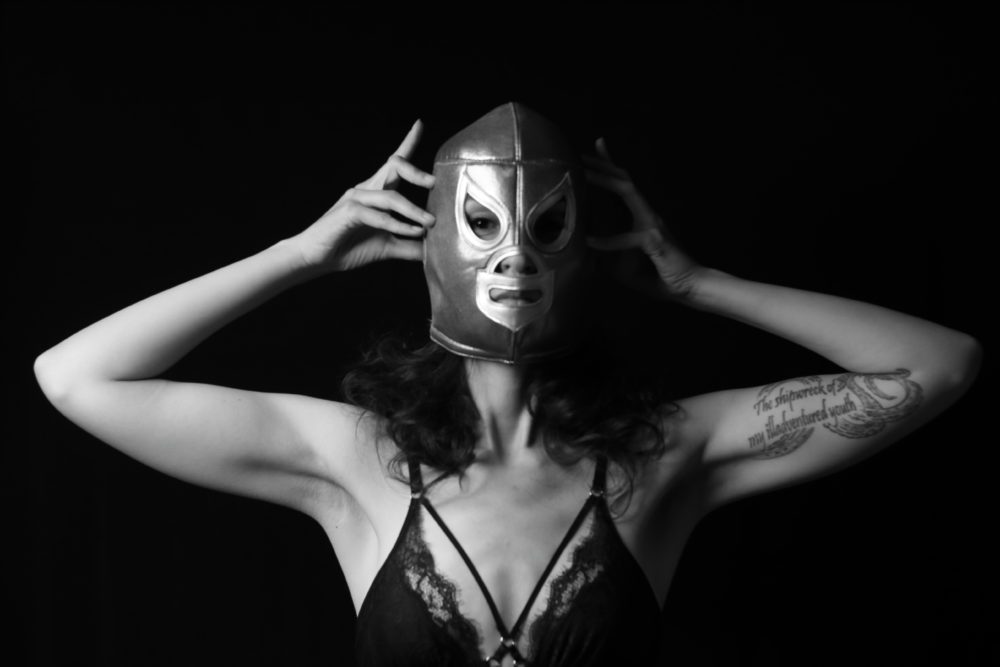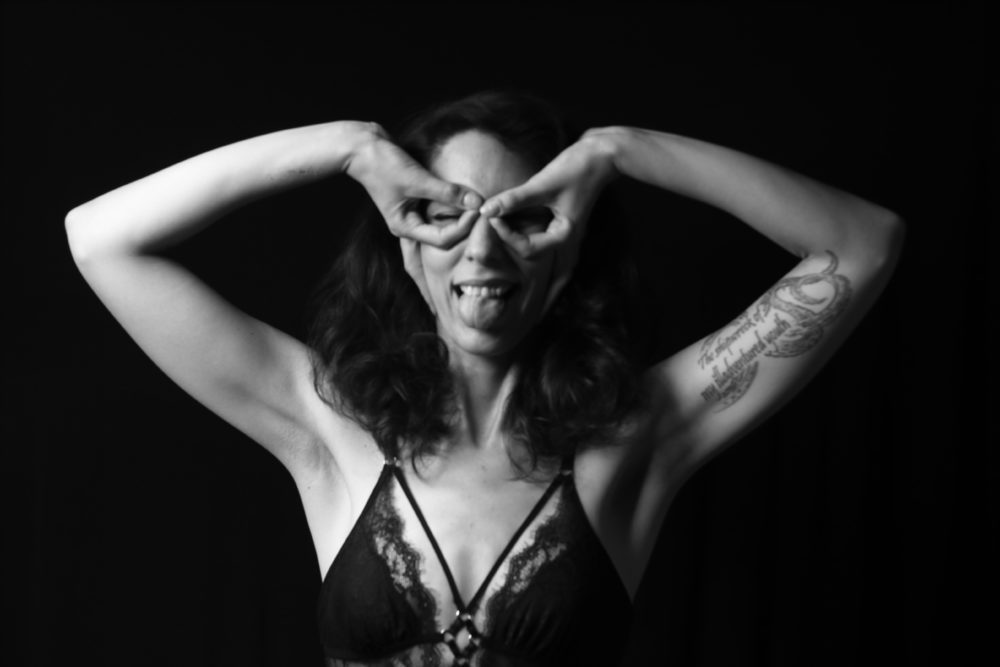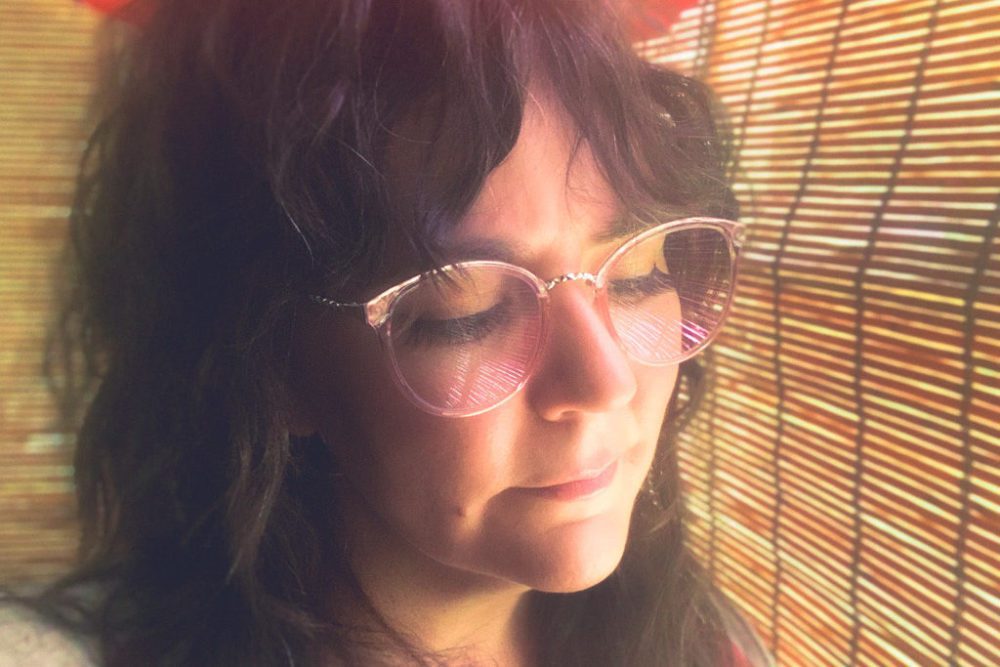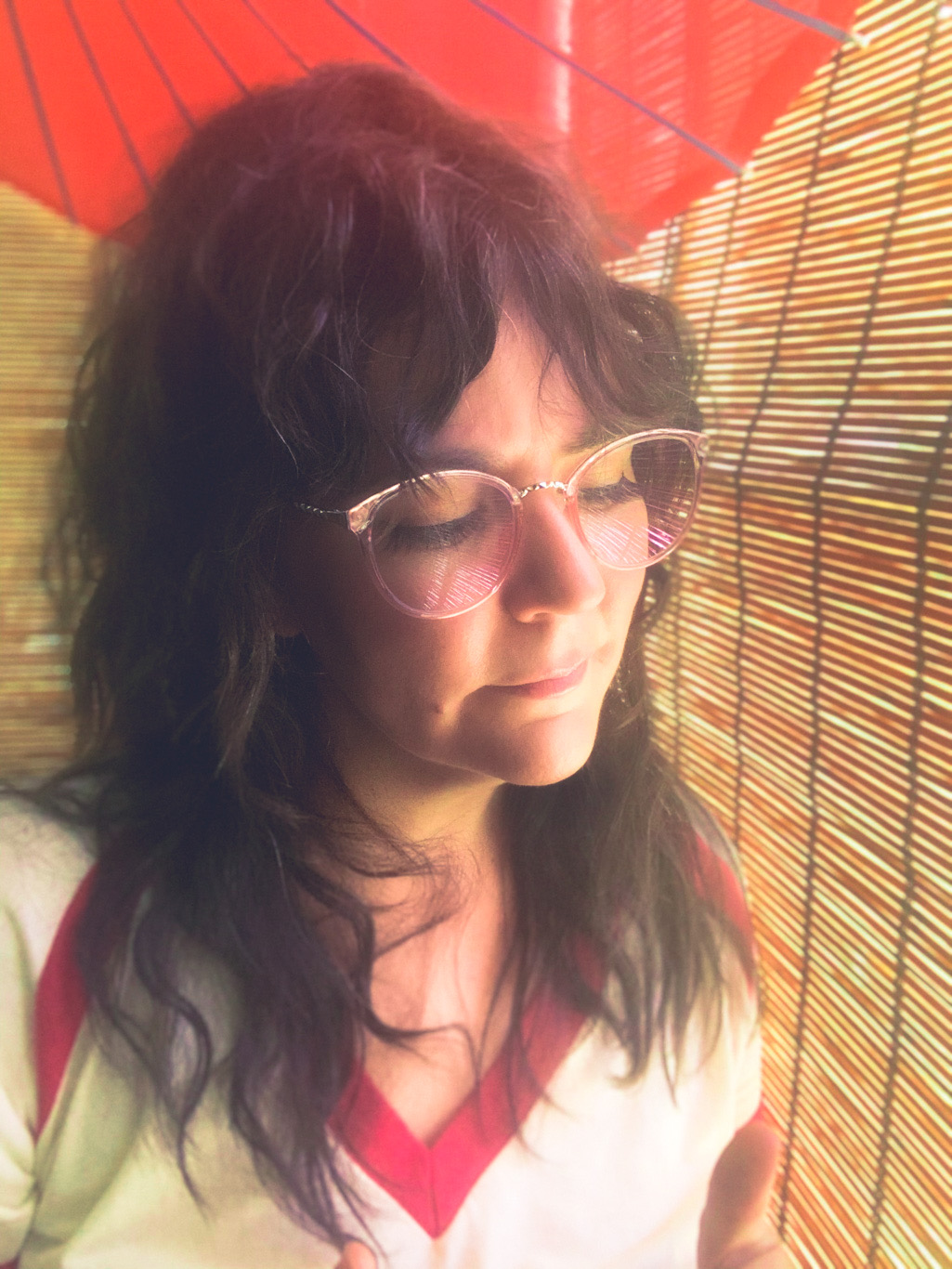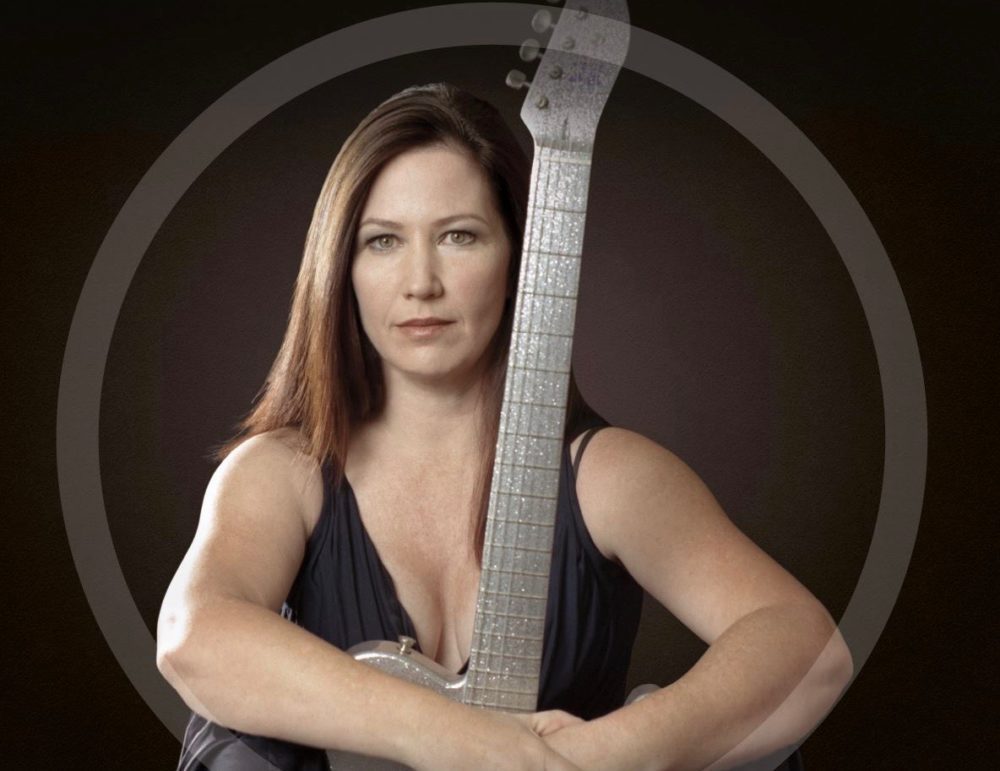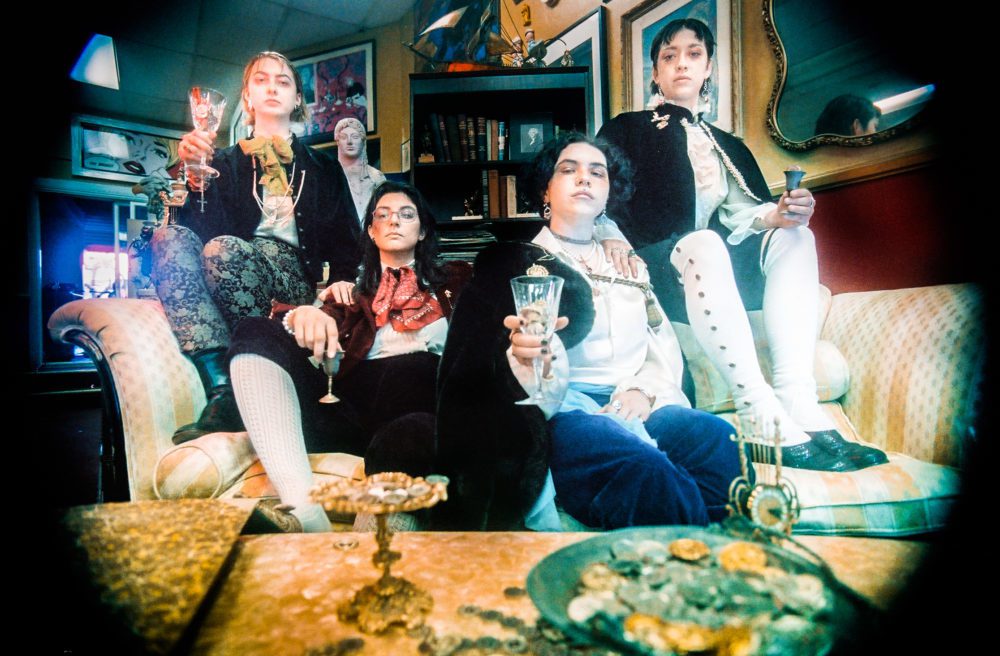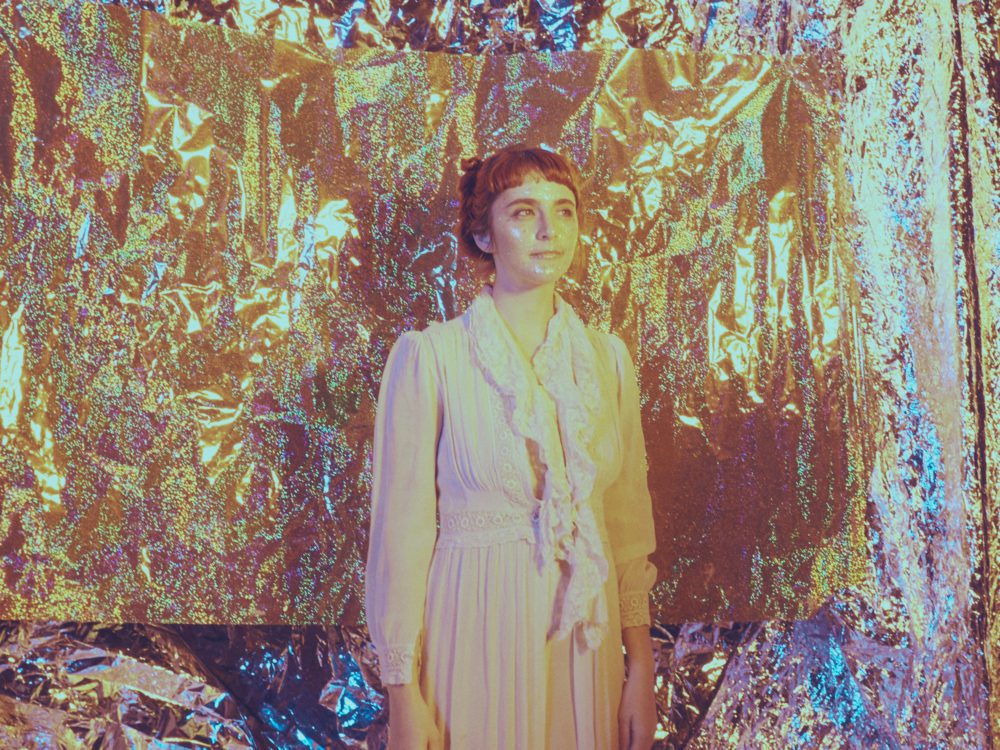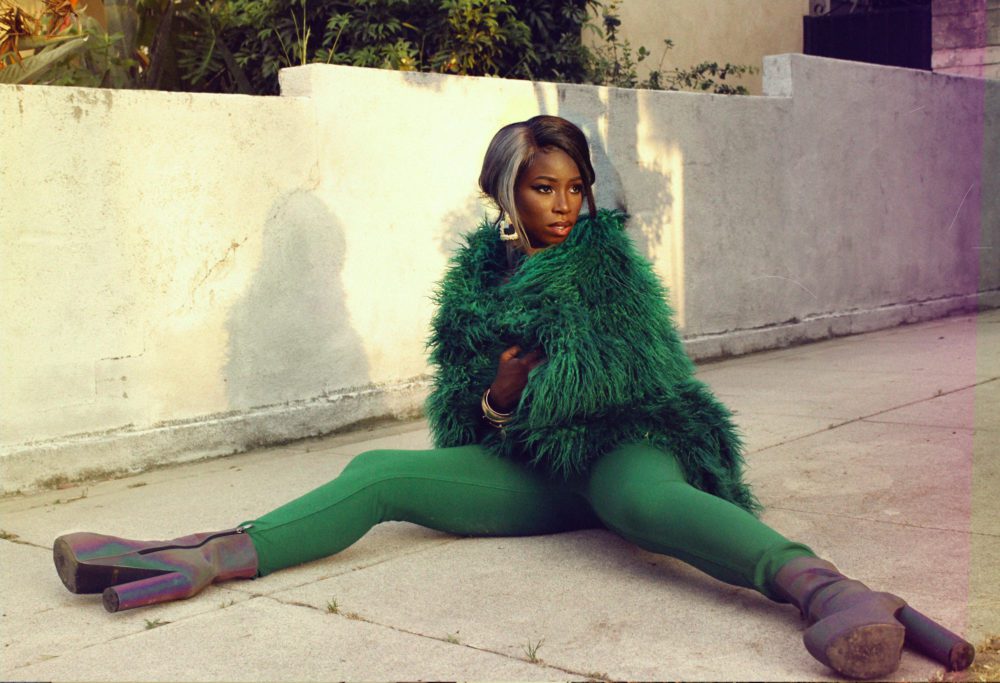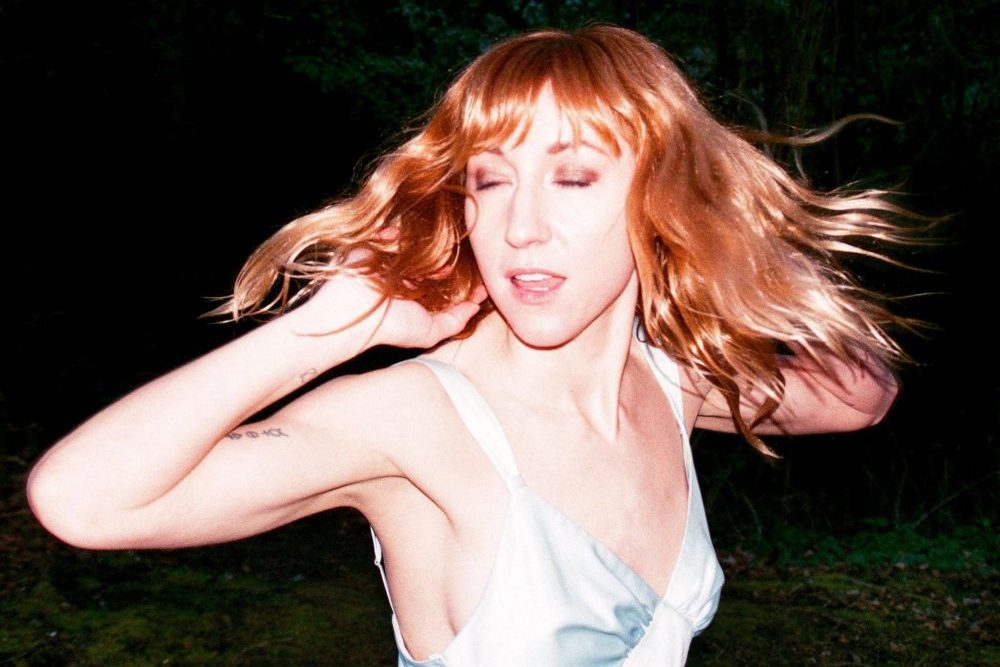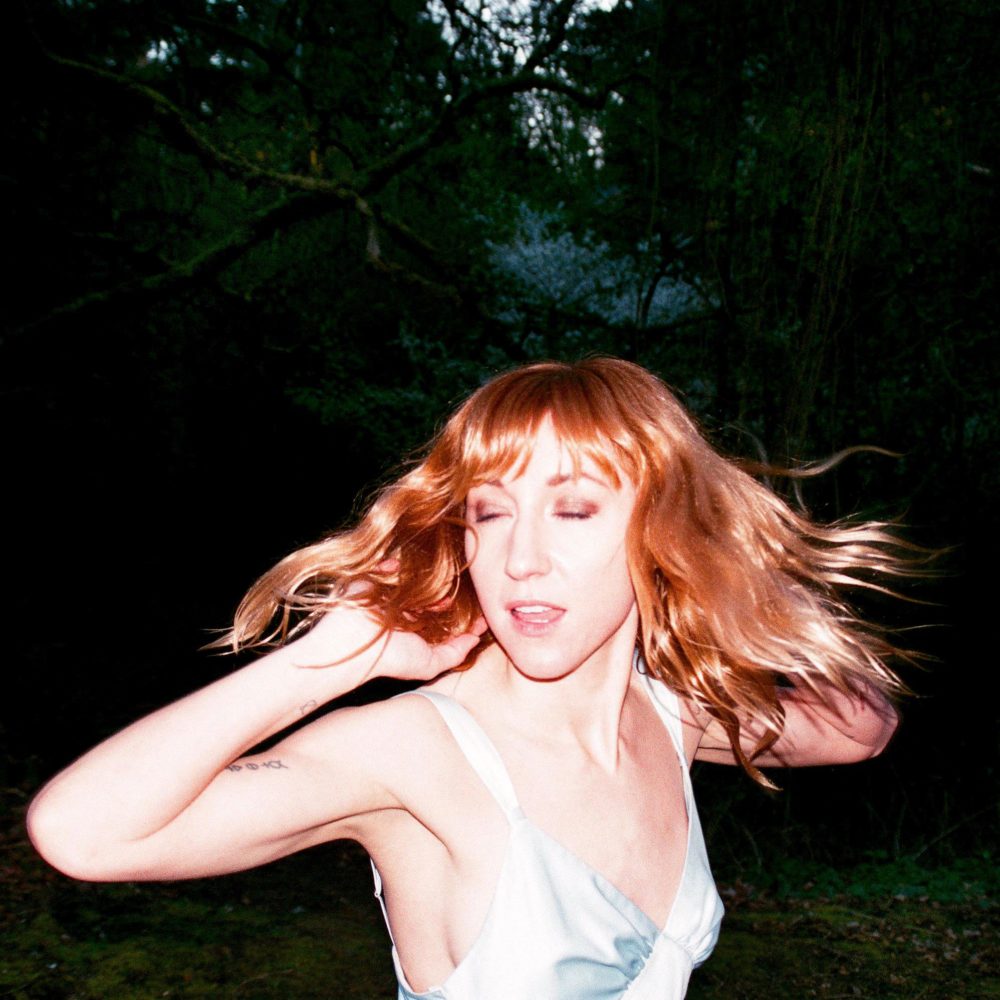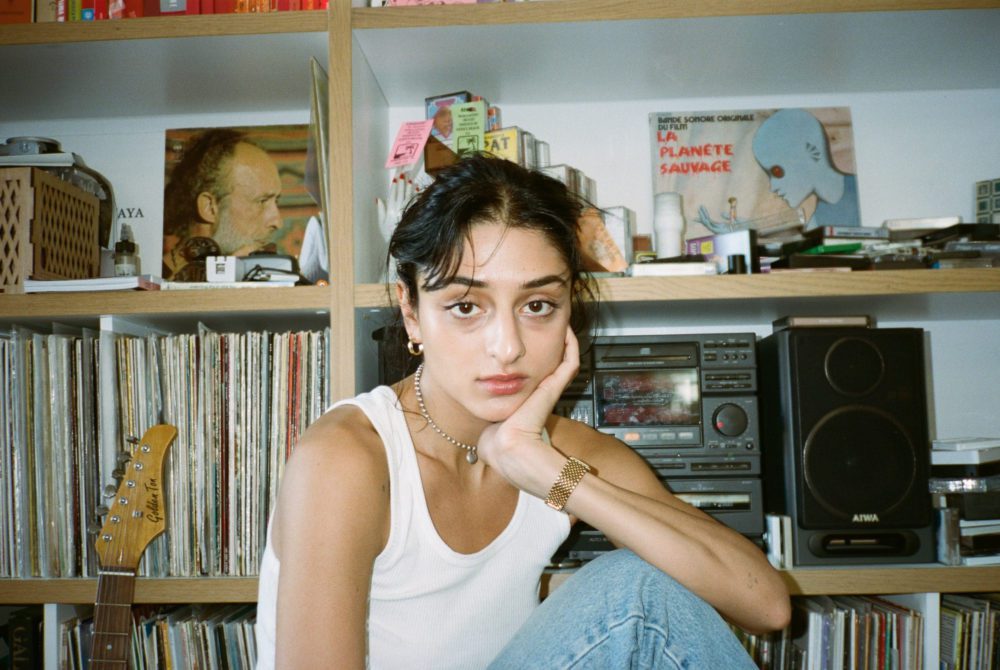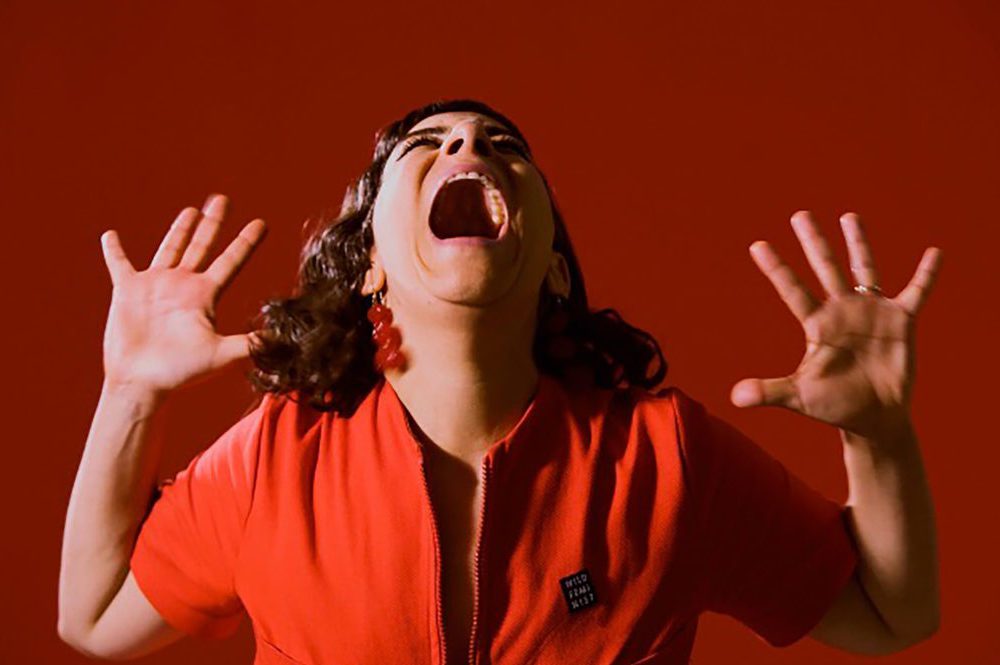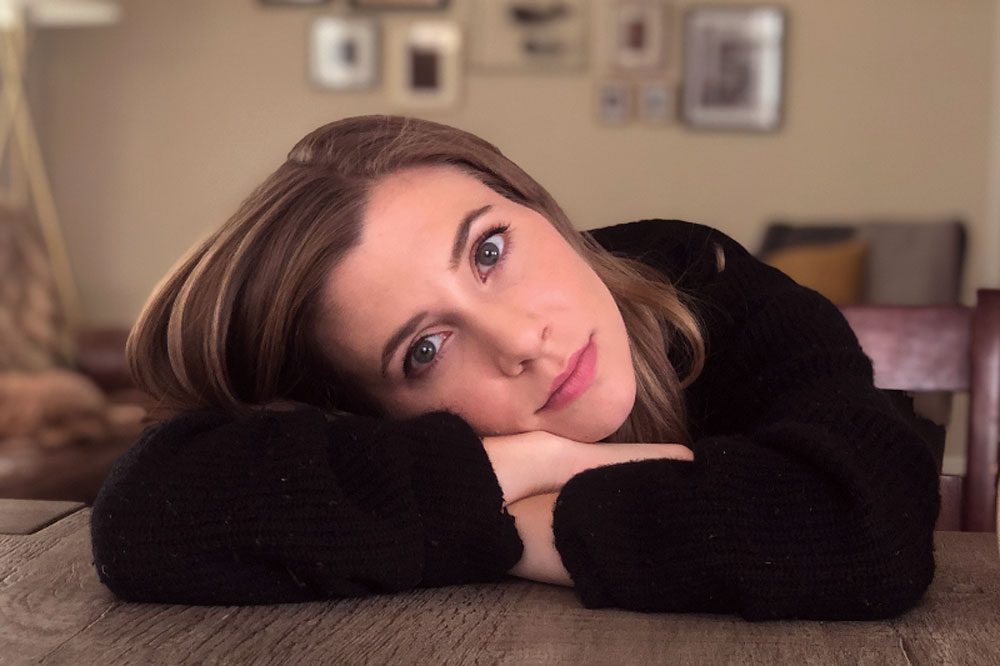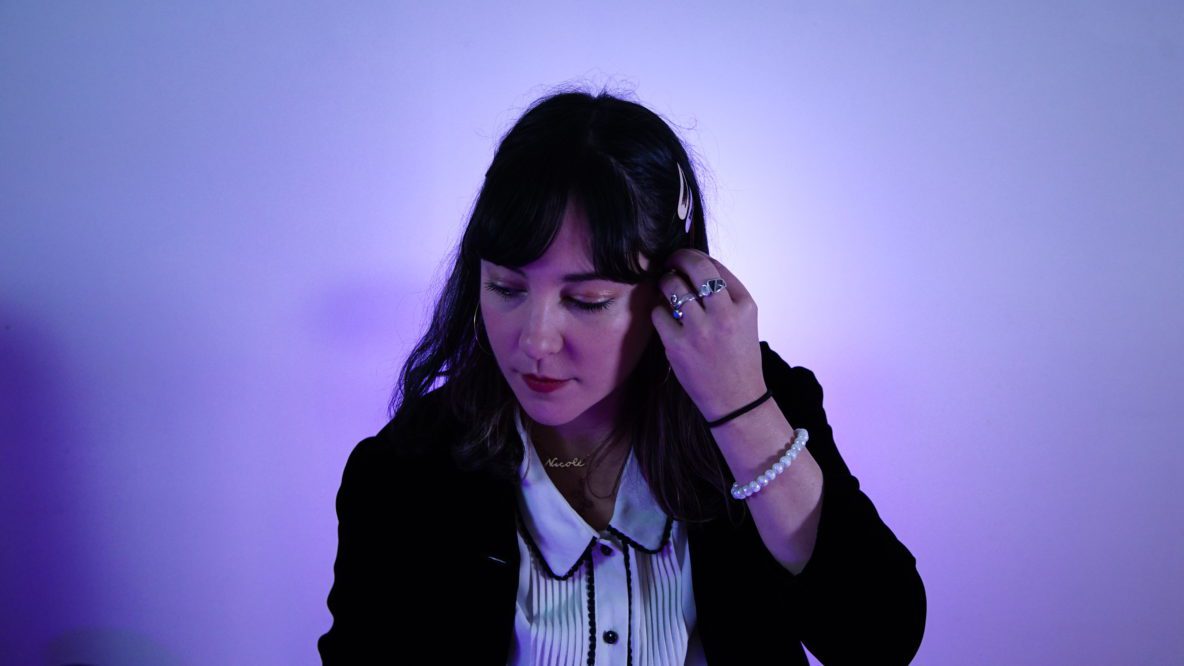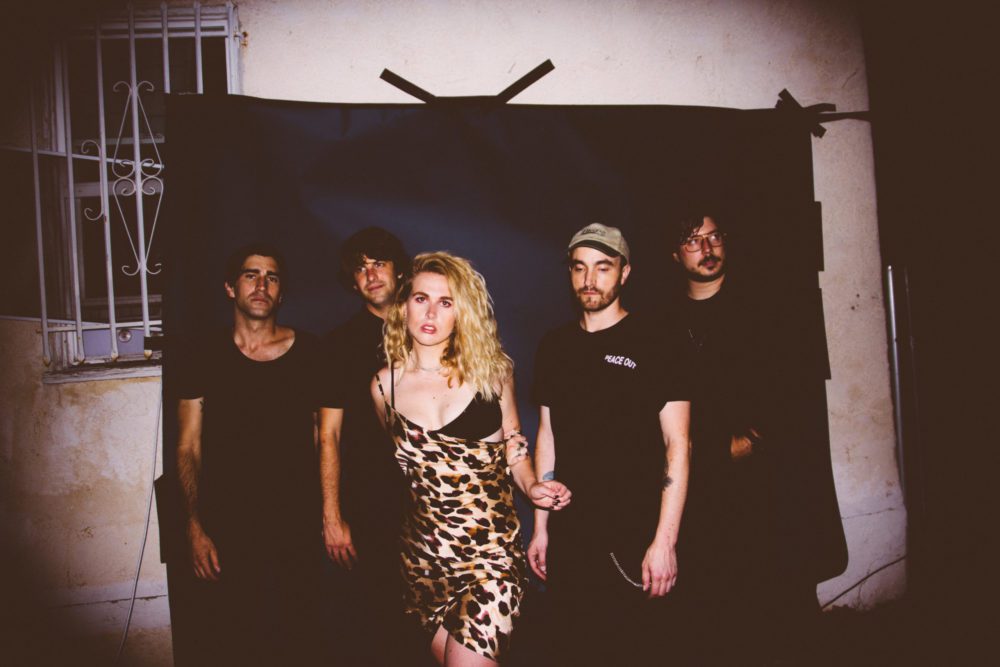
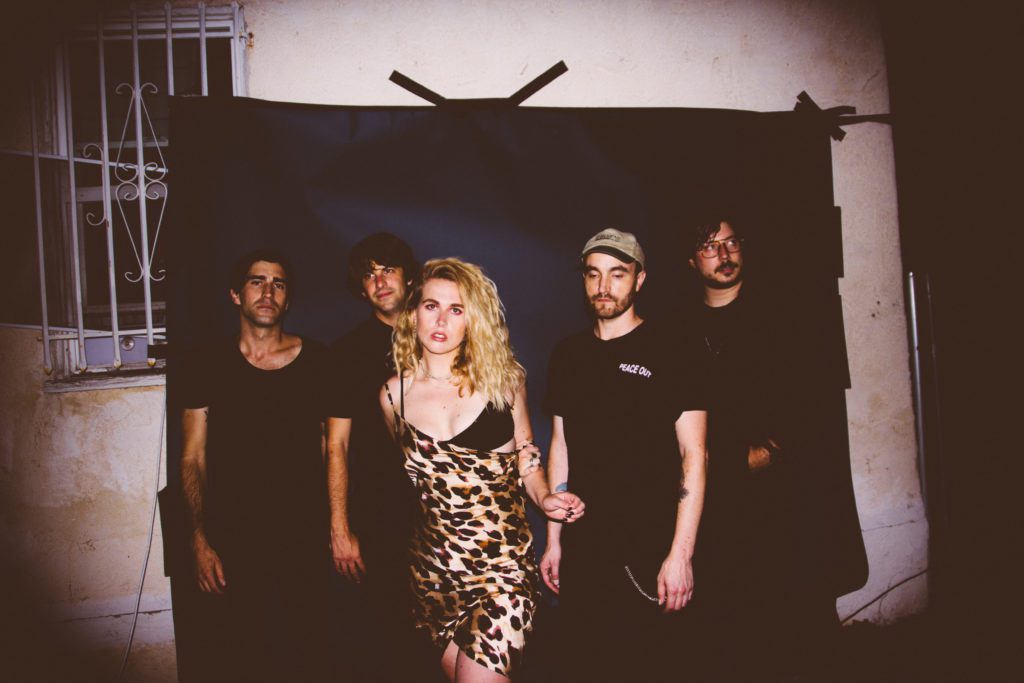
When she took mushrooms for the first time, Elodie Tomlinson hopped on her bike and cycled up the Malibu coast to Point Dume, marking the northern boundary of Santa Monica Bay. High as a kite, The Dumes front-woman came to have several epiphanies about life, love, and her career. “I wanted to have a full day dedicated to being an artist, I guess,” she says.
She had just finished reading Patti Smith’s Just Kids and was feeling especially invigorated by its subject matter. During her bike trip, she plugged into plenty of ‘80s and ‘90s rock music, and as she gazed out across the ocean’s mirror-like surface, she had a realization: “I needed to start using music as an outlet for all this shit that’s been building up for a long time,” she tells Audiofemme. “I went home and had a photo shoot pretending I was Patti Smith. It was pretty hilarious.”
“Liquor & High,” premiering today, is the kind of pop/punk/rock hybrid that grabs hold and doesn’t let go. Alongside many of LA’s finest players, including Chris Dunn (drums), Liam McCormack (bass), Peter Recine (guitar), and Kyle Biane (guitar), Tomlinson commands every frame. Static fuzz vibrates through the speakers, and her voice rocks and rolls atop a very sticky beat. A ferocious energy emanates from her core in true rockstar fashion.
Intially written on piano, the feverish track is what Tomlinson calls a “relationship resume,” in which she admits her many friendships and romance suffer from her hectic schedule. “I was really busy at the time waiting tables, teaching kids how to play music, and my schedule was booked. I had a relationship at the time, and people in my life were frustrated with me,” she explains. “I didn’t have any time, and I was feeling a lot of guilt about it. When I wrote this, it was like, ‘Yeah, dude, I’m a piece of shit.’”
“I brought it into the practice room later, and I thought, ‘I’m bummed I was feeling so guilty about having a lot going on. I’m trying to get something done, and you should support that.’ Then, the song turned into [an anthem] about not being sorry.”
Dunn’s drum work throbs in the background, a framework to keep its volatility right on track. “We all sort of come from our own sad boy background when it comes to emo and pop/punk influences. We play with a mature version of that, sort of a mature aggression in some ways,” Dunn says. “This song, in particular, encapsulates that vibe. We’re trying to hit you over the head from the top and keep the energy up the whole time.”
“Liquor & High” is the second single from the band’s forthcoming debut EP, Everything is Horrible, slated for release sometime early next year. Following years of various musical pursuits, including an alt-pop duo Sibling, Tomlinson blooms into her own here as a vocalist, free to be as unapologetic as possible. It’s not the first time Tomlinson has considered releasing an EP – in 2019 the band premiered a song from it via Billboard, but the work didn’t seem to fit her story anymore. “Back then, it was pretty much just me. The guys and I had started playing together four or five times a week. We were just writing better songs,” she recalls. “I shelved everything, and it just felt right to focus on what we had going on.”
Tomlinson and Dunn both arrived in Los Angeles around the same time. It was 2012, and they hit the ground running. “He was one of the first people I met,” remembers Tomlinson, who formed the alt-pop duo Sibling with Bryan Osuszek (Dunn played drums). The endeavor lasted long enough for several singles and early industry buzz, but Tomlinson yearned for harder-hitting music that let her rip some rad vocal tricks.
A few years later, she approached Dunn about forming a proper rock ‘n’ roll outfit. He had plenty of connections with many of LA’s rising musicians, so assembling a band came pretty easy. Before long, the five-piece were operating on all creative cylinders. “I was at a similar place as Elodie was 一 where I had been playing in a few projects but was feeling a little dissatisfied and in a weird place,” says Dunn. “When she had the idea to form a rock band, I thought it was cool.”
As the primary songwriter, Tomlinson writes from a very “sad girl place,” as she calls it. When she brings the lyrics and perhaps a loose structure to the group, the band fleshes out her ideas into something gritty, unmistakable, and almost otherworldly. “We’re then able to flip the song on its back and take ownership and feel powerful about the things I have to say,” she notes.
Dunn chimes in: “That’s really fun from the other side of things, as well. She’ll come in with a really great vocal melody and lyrics, maybe some chords. Then, as the band, we get to mess with the arrangement a little bit and different tones where we help her bring it to life. It gets collaborative in a really cool way from there.”
On their debut, The Dumes worked closely with legendary producer Joe Chiccarelli, whose resume boasts everyone from My Morning Jacket and The Killers to Christina Perri, Jason Mraz, and Tori Amos. The moment they walked into Sunset Sound, one of the most iconic recording studios on the planet, it was “pretty much like we’d walked right into the ‘70s, like nothing had changed,” offers Tomlinson. “All of our favorite artists had recorded albums there, and there was definitely something in the air. Joe gave us a tour of the studio, and we knew it was where we wanted to record. It felt right.”
Once they set to work, Chiccarelli gave them free rein to follow wherever their muse took them. He was simply a presence to bring their vision to light. “He really encouraged us to push it and put the pedal to the metal 一 and to keep that energy going and not be afraid of the power we can create,” says Tomlinson.
“Especially for a guy that’s done a lot of really polished music, it was cool to see him embrace the dirtiness with our sound. He really encouraged us to be as down and dirty as possible,” adds Dunn. “He didn’t have anyone else in mind when recording us. He wants to make each artist sound like themselves and not like the other projects he’s produced.”
Most evident across both “Liquor & High” and the band’s previous single “Neverlost,” Tomlinson can surely bite into a lyric, calling to her biggest influences like Blondie and Chrissie Hynde of The Pretenders. “Growing up, I just loved how badass these chicks were, and I wanted to do that,” she says. “I wasn’t really allowed to use my voice then, but I’ve learned to own myself now. And that’s why I put it all out there in this project.”
“I learned to use my voice in a way I’ve always wanted to use it,” she adds.
In their time together, Dunn notes a colossal shift in their musical chemistry has already taken place. “When it started, it was her singular vision,” he says. “As the band’s gotten closer, everyone’s individual voice has elevated it. The new EP represents that a lot better.”
Follow The Dumes on Twitter and Instagram for ongoing updates.


